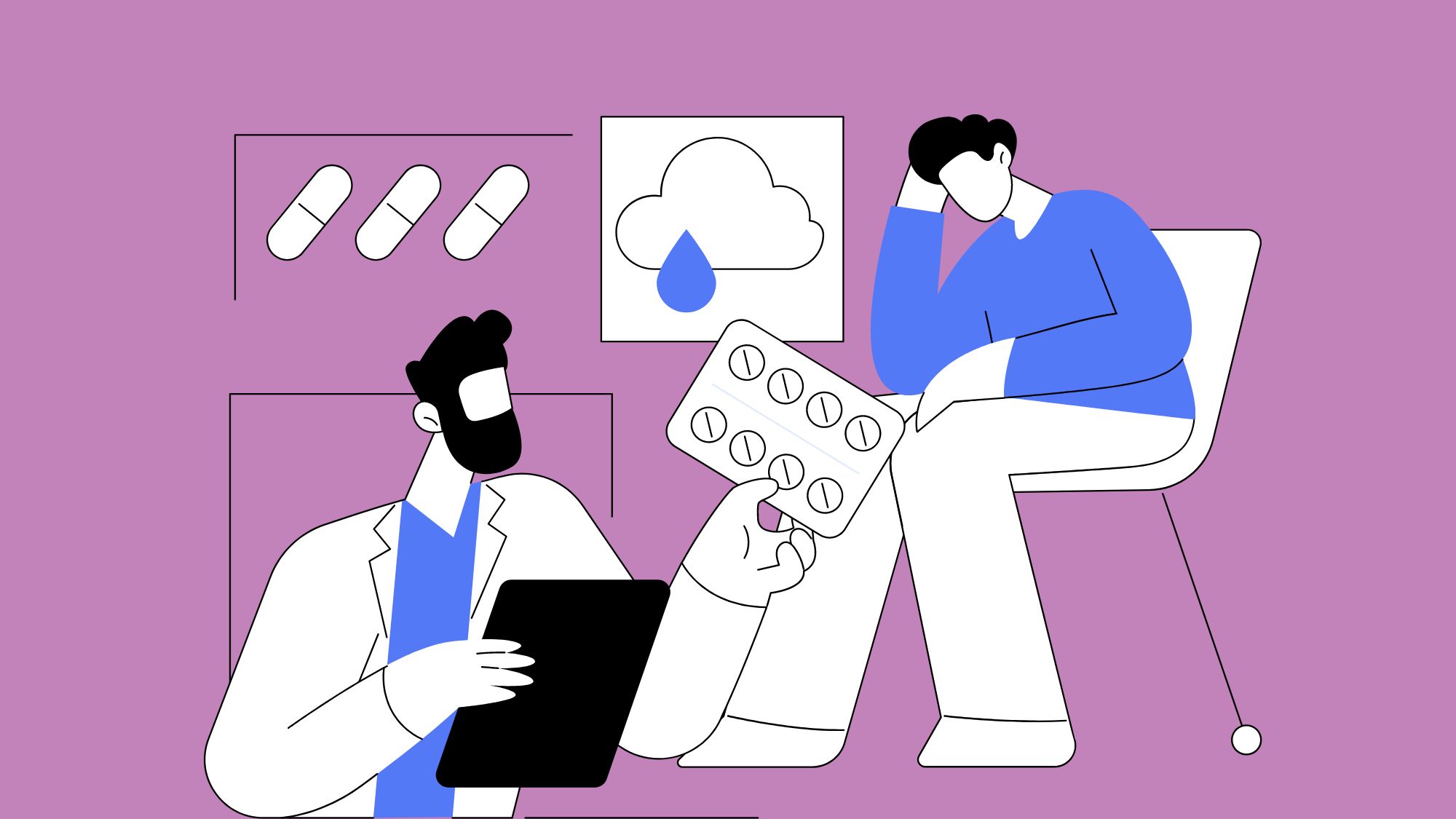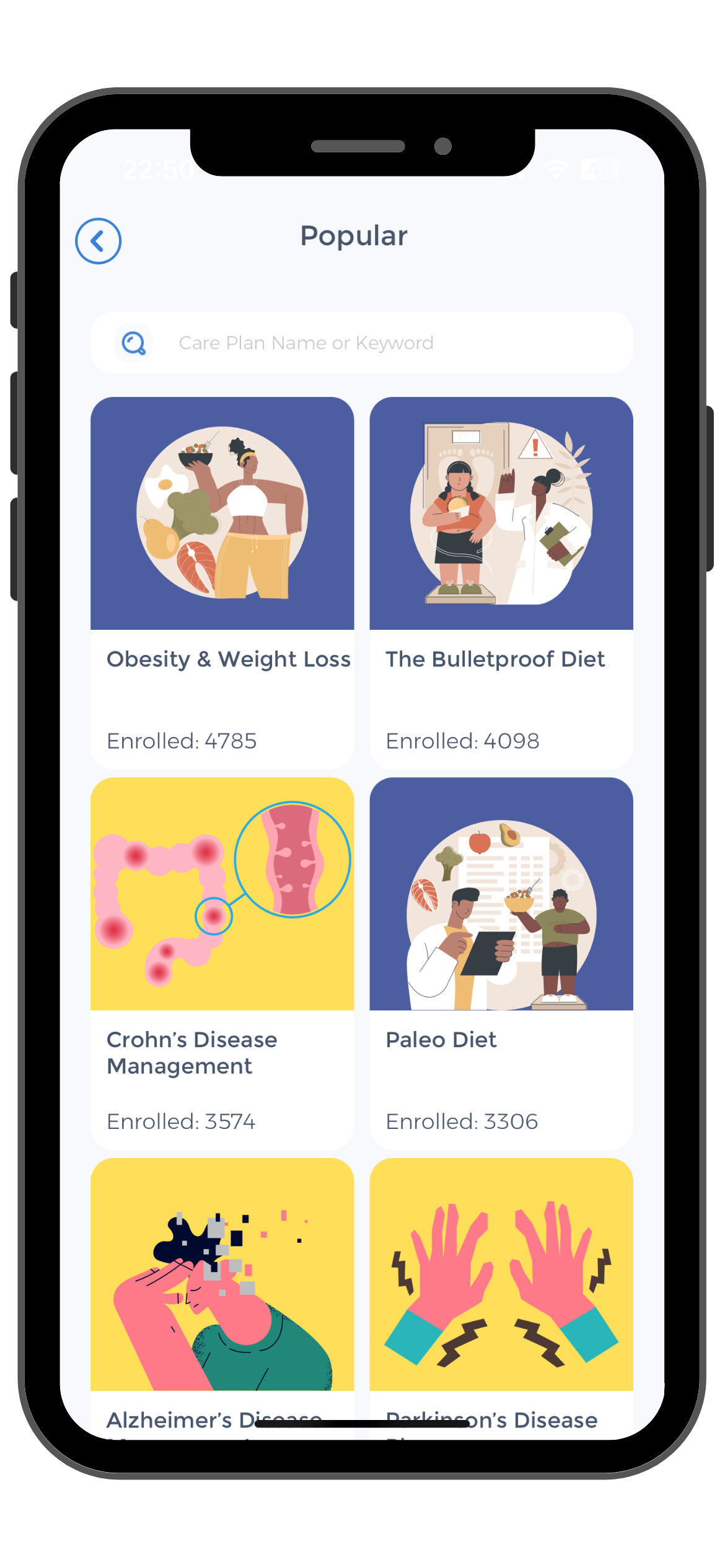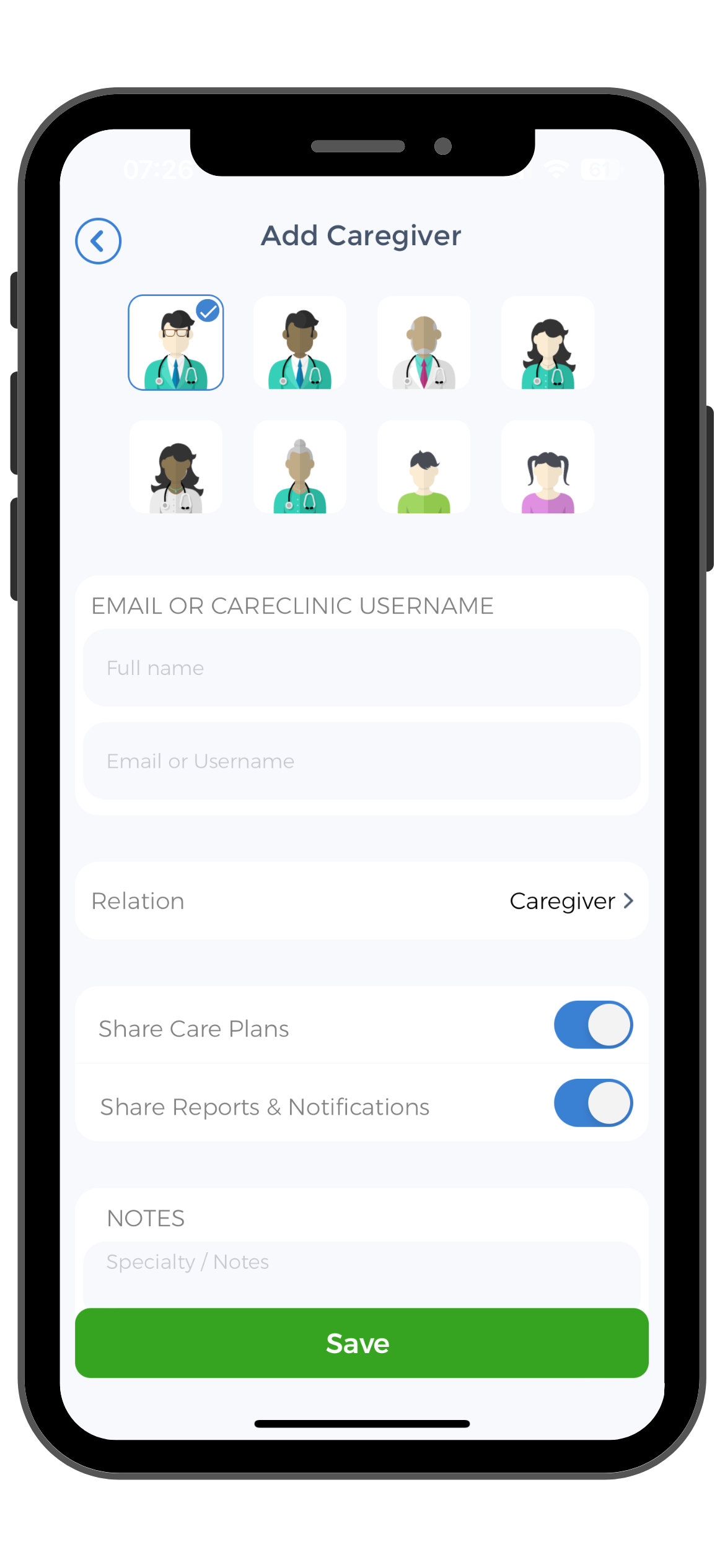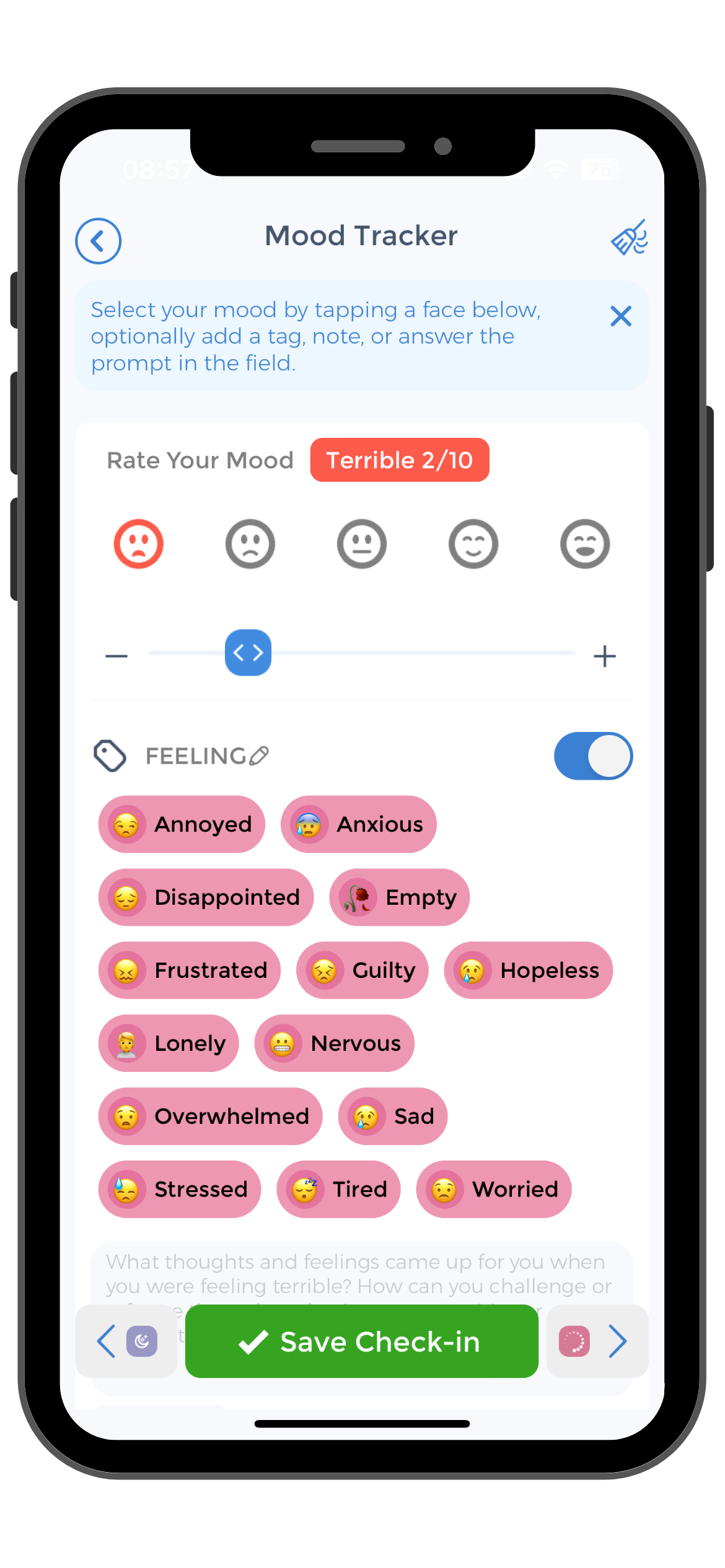
Welcome to this informative article on the optimal Adderall dosage for adults with depression. As an expert in this field, I want to provide you with valuable insights and guidance on understanding Adderall, its uses in treating depression, determining the right dosage, potential risks and side effects, as well as tips for taking it safely.[1][2]
Understanding Prescription Medication: Adderall and Its Uses
Before delving into the optimal dosage for adults with depression, let’s first explore what Adderall is and how it works. Adderall is a prescription medication that contains a combination of amphetamine and dextroamphetamine. It belongs to a class of drugs called stimulants. Which work by affecting chemicals in the brain and nerves that contribute to hyperactivity and impulse control.
What is Adderall?
Adderall is primarily prescribed to treat attention deficit hyperactivity disorder (ADHD). However, it can also be effective in addressing depression. Especially when traditional antidepressant and stimulant medications have not provided optimal results. It helps to increase the availability of certain neurotransmitters in the brain. Such as dopamine and norepinephrine, which play a crucial role in regulating mood and emotions.
How Does Stimulant Drugs Like Adderall Work?
Adderall works by stimulating the release of these neurotransmitters and inhibiting their reuptake. Resulting in increased levels and enhanced signaling within the brain. This improved communication between neurons can lead to improved focus, increased energy levels, and a reduction in symptoms of depression.
It is important to note that Adderall should only be taken under the supervision of a healthcare provider. As misuse or abuse of this stimulant medication can lead to serious health consequences and bothersome adverse reactions. Common side effects of Adderall include increased heart rate, elevated blood pressure, and decreased appetite. Long-term use of Adderall may also lead to tolerance, dependence, and potential withdrawal symptoms upon discontinuation.
Potential Benefits of Prescribed Adderall
Aside from its primary uses to treat ADHD and depression treatment, Adderall has also been studied for its potential benefits in enhancing cognitive function. Some research suggests that Adderall may improve attention, concentration, and memory in individuals without ADHD symptoms, leading to its misuse as a “study drug” among students seeking academic performance enhancement.[3][4]
The Connection Between Adderall and Depression
Now that we have a better understanding of how Adderall works, let’s explore its connection to depression and how it can be used as a treatment option.
Depression is a complex mental health condition that affects millions of individuals worldwide. It is characterized by persistent feelings of sadness, hopelessness, and a loss of interest in activities that were once enjoyable. While traditional antidepressants are often the first choice for treating depression, some individuals may not respond well to these medications. In such cases, healthcare providers may consider alternative options, such as prescribing Adderall off-label.
Adderall as a Treatment Resistant Depression
While Adderall is not typically considered a first-line treatment for depression, some medical professionals may prescribe it off-label when other medications have not been effective. It can provide individuals with an alternative option that may yield positive results in alleviating symptoms of depression, such as persistent sadness, loss of interest in activities, and fatigue.
When used to treat depression, Adderall works by increasing the levels of neurotransmitters like dopamine and norepinephrine in the brain. These chemicals play a crucial role in regulating mood, energy levels, and motivation. By enhancing the activity of these neurotransmitters, Adderall can help alleviate some of the symptoms associated with depression.
The Impact of Adderall on Mood and Energy Levels
 Adderall can help boost mood and energy levels, making it easier for individuals with depression to engage in daily activities and experience an improved sense of well-being. However, it’s essential to note that Adderall alone may not be sufficient to treat all aspects of depression, and it should always be used in combination with therapy and other self-care practices.
Adderall can help boost mood and energy levels, making it easier for individuals with depression to engage in daily activities and experience an improved sense of well-being. However, it’s essential to note that Adderall alone may not be sufficient to treat all aspects of depression, and it should always be used in combination with therapy and other self-care practices.
It is crucial for individuals considering Adderall as a treatment for depression to consult with a qualified healthcare provider. The use of Adderall in treating depression is still a topic of ongoing research and debate within the medical community. Healthcare providers must carefully weigh the potential benefits of using Adderall against the risks of side effects and dependency that may accompany its use.
Determining the Optimal Divided Doses
When it comes to determining the optimal Adderall dosage for adults with depression, there are several factors that medical professionals take into consideration.
Understanding the intricacies of Adderall dosage is essential for effective treatment. The dosage of Adderall can vary depending on individual factors such as age, overall health, severity of depressive symptoms, and any underlying medical conditions. Factors like metabolism rate and potential drug interactions also play a crucial role in dosage determination. It is important to note that finding the right dosage is not a one-size-fits-all approach; it requires personalized evaluation and monitoring.
Factors Influencing Adderall Dosage
The dosage may be adjusted over time as the patient’s response to the medication is monitored. Factors such as lifestyle changes, concurrent therapies, and overall treatment progress can influence the need for dosage modifications. Regular communication with your healthcare provider is key to ensuring that the dosage remains optimal for your condition.
The Role of Medical Professionals in Dosage Determination
It’s crucial to consult with a skilled healthcare provider who can assess your specific needs and prescribe the appropriate dosage. The dosage will be tailored to your unique circumstances to ensure safety and effectiveness. Self-medication or altering dosage without medical guidance can lead to adverse effects and may not yield the desired results. Healthcare professionals play a vital role in not only determining the initial dosage but also in making informed decisions regarding any necessary adjustments throughout the treatment process.
Potential Risks and Side Effects of Adderall
While Adderall can be beneficial in treating depression when used responsibly, it’s essential to be aware of the potential risks and side effects. Understanding how Adderall affects your body and mind is crucial for maintaining a safe and effective treatment plan.
Adderall is a central nervous system stimulant that works by increasing the levels of certain chemicals in the brain. This can help improve focus, attention, and impulse control in individuals with attention deficit hyperactivity disorder (ADHD) or narcolepsy. However, like any medication, Adderall comes with its own set of potential side effects and risks that should not be overlooked.
Common Side Effects of Adderall
Common side effects of Adderall can include increased heart rate, dry mouth, loss of appetite, difficulty sleeping, irritability, and nervousness. These side effects are usually temporary and subside as your body adjusts to the medication. It’s important to note that not everyone will experience these side effects, and some individuals may have a different reaction to the medication.
If you notice any concerning or persistent side effects while taking Adderall, it’s crucial to discuss them with your healthcare provider. They can provide guidance on how to manage these side effects or adjust your dosage to minimize discomfort.
Understanding the Risks of Overdose
It’s important to follow the prescribed dosage and not exceed the recommended limits, as Adderall can be habit-forming and potentially addictive. Adderall misuse or drug abuse can lead to serious health complications, including cardiovascular problems, hallucinations, and seizures. Taking too much Adderall can also increase the risk of developing tolerance to the medication, requiring higher doses to achieve the same effects.
Never share your Adderall prescription with others, and secure it in a safe place away from unauthorized use. If you suspect that you or someone else has overdosed on Adderall, seek immediate medical attention to prevent any further complications. Education and awareness are key in mitigating the risks associated with Adderall use.
Tips for Taking Adderall Safely
Now that you have a better understanding of Adderall and its optimal dosage for adults with depression, let’s explore some tips for taking it safely and maximizing its effectiveness in conjunction with self-care practices.
Importance of Regular Check-ups
 Regularly scheduled check-ups with your healthcare provider are an integral part of safely managing Adderall treatment. These appointments allow your medical professional to monitor your progress, assess any potential side effects, and make any necessary adjustments to your dosage or treatment plan.
Regularly scheduled check-ups with your healthcare provider are an integral part of safely managing Adderall treatment. These appointments allow your medical professional to monitor your progress, assess any potential side effects, and make any necessary adjustments to your dosage or treatment plan.
During these check-ups, your healthcare provider will also evaluate your overall health and well-being to ensure that Adderall is still the right medication for you. They may ask questions about your sleep patterns, appetite, mood, and any changes in your daily routine. This comprehensive approach helps to ensure that you are receiving the most effective and appropriate treatment for your specific needs.
Lifestyle Changes to Enhance Adderall’s Effectiveness
In addition to medication, incorporating healthy lifestyle changes can significantly enhance the effects of Adderall and support your overall mental well-being. Some self-care practices to consider include:
- Maintaining a balanced diet rich in essential nutrients. A diet that includes fruits, vegetables, whole grains, and lean proteins can provide the necessary fuel for your brain and body to function optimally.
- Engaging in regular physical activity to boost your mood and energy levels. Exercise has been shown to release endorphins, which are natural mood enhancers, and can also help reduce stress and anxiety.
- Practicing stress-reducing techniques, such as meditation or deep breathing exercises. These techniques can help calm your mind and promote a sense of relaxation, which can be particularly beneficial when dealing with the symptoms of depression.
- Establishing a consistent sleep schedule to promote restful sleep and combat fatigue. Adequate sleep is crucial for your overall well-being and can contribute to improved mood, concentration, and cognitive function.
- Seeking support from trusted friends, family members, or support groups. Building a strong support system can provide you with the emotional support and encouragement you need throughout your treatment journey.
Remember, self-care is an essential aspect of managing depression, and Adderall should always be used in conjunction with therapy and other recommended treatments.
By incorporating these lifestyle changes into your daily routine, you can create a holistic approach to managing your depression and optimizing the effectiveness of Adderall. It’s important to remember that everyone’s journey is unique, and what works for one person may not work for another. Therefore, it’s essential to work closely with your healthcare provider to develop a personalized treatment plan that meets your specific needs.
Navigating the Optimal Adderall XR Dosage for Adult Depression
Finding the optimal Adderall dosage for adults with depression requires expert guidance from a healthcare professional. Adderall can be a valuable tool in managing depressive symptoms, but it should always be used responsibly and in conjunction with therapy and self-care practices.[5][6]
Use the CareClinic App to Manage Bipolar Disorder
 For more assistance in managing your medication and tracking your progress, consider using the CareClinic App. It provides a user-friendly platform to track your Adderall dosage, monitor side effects, and set reminders for regular check-ups. Remember, your mental health is essential, and with the right support and resources, you can take control of your well-being.
For more assistance in managing your medication and tracking your progress, consider using the CareClinic App. It provides a user-friendly platform to track your Adderall dosage, monitor side effects, and set reminders for regular check-ups. Remember, your mental health is essential, and with the right support and resources, you can take control of your well-being.
Take the next step in managing your depression with the CareClinic App, designed to complement your Adderall treatment plan. With features that allow you to track your medication, including dosage and frequency, the app helps ensure you’re adhering to your healthcare provider’s recommendations. You can monitor your mood and energy levels, gaining insights into how Adderall affects your day-to-day life. By keeping a detailed log, you and your healthcare provider can make informed decisions about any necessary adjustments to your treatment.
Download the CareClinic App and Track Attention Deficit Hyperactivity Disorder
The CareClinic App also serves as a valuable tool for reinforcing the lifestyle changes that can boost Adderall’s effectiveness. Set reminders for exercise, meal planning, and sleep schedules, all within the app. This holistic approach to health tracking can lead to improved outcomes and a better understanding of your overall well-being. To start taking control of your mental health journey, Install App today and discover the benefits of having a comprehensive health assistant at your fingertips.
References
- “Can Adderall Be Used for Depression? I Psych Central”. https://psychcentral.com/depression/adderall-and-depression
- “Adderall for depression: Uses, dosage, and side effects”. https://www.singlecare.com/blog/adderall-for-depression
- “Adderall”. https://en.wikipedia.org/wiki/Adderall
- “Adderall for Depression: Uses, Dosage, Side Effects, and More”. https://psychcentral.com/depression/adderall-for-depression
- “Managing Adderall Tolerance: Tips for improving effectiveness”. https://www.singlecare.com/blog/how-to-make-adderall-more-effective/
- “Adderall side effects and how to avoid them | SingleCare”. https://www.singlecare.com/blog/adderall-side-effects


